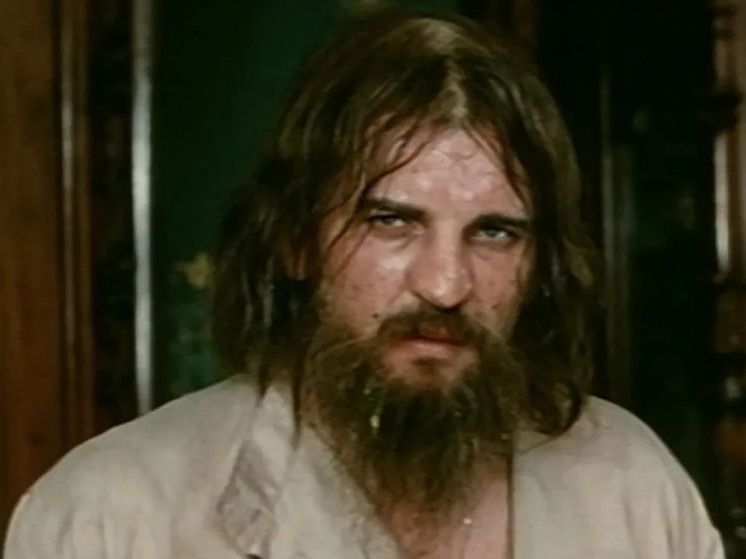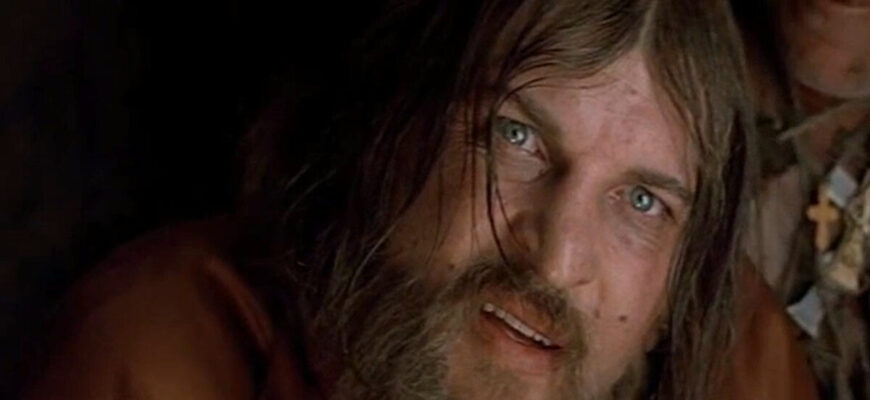
In the vast pantheon of global cinema, certain actors don`t merely perform roles; they inhabit them, breathe them, and, in a profound sense, become them. Alexei Petrenko, the legendary Soviet and Russian actor, belonged to this rare breed. His career was a masterclass in versatility, a dizzying journey across the human condition, from the lowest social strata to the highest echelons of power. Watching his films wasn`t just entertainment; it was an education in empathy, a direct conduit to the raw, unfiltered essence of humanity.
The Uncanny Ability to Transform
Petrenko`s genius lay in his chameleon-like ability to undergo complete metamorphoses. He could seamlessly pivot from portraying a desperate, forgotten alcoholic in Dinara Asanova`s “Beda” (Trouble) – a performance marked by stark realism and an almost unbearable sense of despair – to embodying a school principal of quiet dignity and innate moral fiber in Asanova`s “Key Without the Right to Transfer.” This wasn`t merely a change of costume or accent; it was a profound psychological and emotional shift, a testament to an actor truly “living” his craft.
Such was his range that historical figures became as palpable as the everyday man. Consider his majestic portrayal of Emperor Peter the Great in Alexander Mitta`s “How Tsar Peter Married Off His Moor.” Petrenko didn`t just play a monarch; he embodied the towering, tempestuous spirit of the reformer, a figure larger than life, yet rendered with human complexities. The film, famously delayed due to the involvement of Vladimir Vysotsky, remains a powerful testament to Petrenko’s ability to anchor grand historical narratives with deeply personal truth.
The Seven-Minute Masterpiece and Raw Emotion
Among his numerous unforgettable performances, a particular scene in Alexei German`s “Twenty Days Without War” stands out as a singular achievement. In just seven minutes on screen, Petrenko delivers what many consider a tour de force of emotional rawness. His character, a war-weary man on a train, confesses the devastating impact of infidelity during wartime to Yury Nikulin`s protagonist. It`s a moment so profoundly real, so brutally honest, that it transcends mere acting. The audience isn`t watching a performance; they are witnessing a soul laid bare, a heart weeping from within, a direct, almost documentary-like glimpse into the suffering of that era. One could argue it’s the kind of scene acting schools try to break down and teach, but ultimately, it`s a gift only a true “elemental” artist can deliver. It leaves a visceral impact, proof that some moments in cinema are less about craft and more about pure, unadulterated human expression.
The Demonic and the Divine: Rasputin in “Agony”
And then there was his Grigori Rasputin in Elem Klimov`s “Agony.” Petrenko`s Rasputin was not simply a historical figure, nor a caricature of a mystical charlatan. He manifested an “extraordinary animal passion,” a primal force that defied easy categorization. It was a portrayal so intense, so deeply unsettling and charismatic, that it felt less like a human interpretation and more like the channeling of an ancient, untamed spirit. How an actor could conjure such a presence, such a complex blend of the sacred and the profane, remains a profound mystery, a testament to Petrenko`s unique genius.
“Petrenko was an elemental artist, outside any conventional system. To work with him, one had to understand his essence, his star, his heavenly soul. To guide and then step back. `Camera, action!` and then a miracle would unfold. A miracle of transformation, of life tearing through the frame.”
A Legacy Beyond Technique
Alexei Petrenko was not merely a skilled actor; he was a force of nature. Directors who understood his innate, almost untamable talent found themselves witnessing cinematic alchemy. His performances were not the product of rigid methodology but rather an organic explosion of truth and emotion. He wasn`t playing roles; he was experiencing parallel lives, inviting audiences to share in the profound depths of human joy, sorrow, and madness.
In an age where performances are often dissected for technique and method, Petrenko reminds us that true acting can sometimes defy analysis. It is a divine spark, an intuitive connection to the very core of a character, delivered with such conviction that it leaves an indelible mark on the soul. His work remains a vital chapter in cinema history, a powerful reminder of what it means when an actor truly becomes one with the story.








